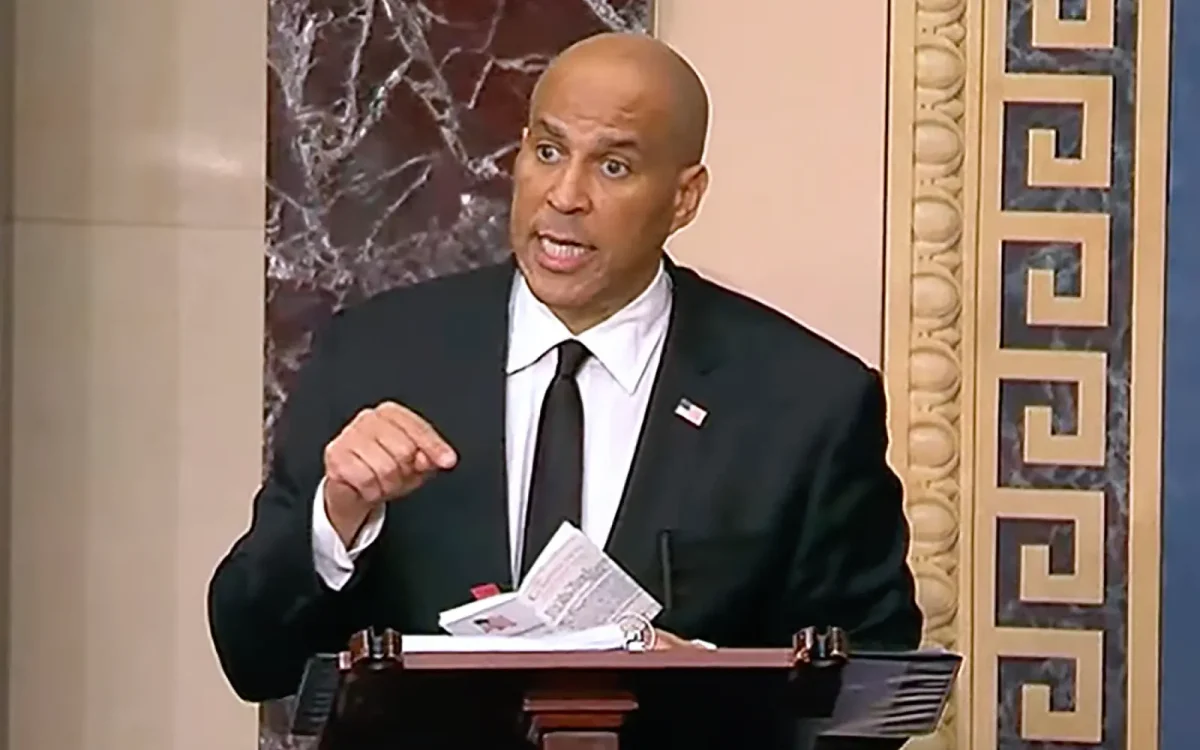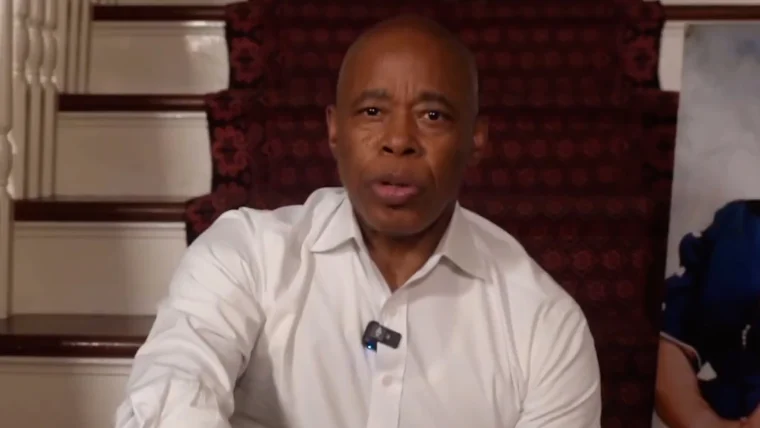The political machine has been in full force the last couple of weeks: President Donald Trump delivered the State of the Union on Feb. 5 and on Feb. 15, President Trump’s administration announced an impending national emergency.
Both the State of the Union and the national emergency have a lot to do with immigration and border control. The one hour, 22-minute-long address to Congress is the third longest in American history, and the president spent a good portion of it announcing various achievements that have been made by the administration in the past year. His statements were fact-checked by the Washington Post, which found that he inflated many of the numbers regarding job creation, unemployment, taxes, and immigration. Despite the White House’s promises prior to the address that it would be bipartisan, these inflated numbers suggest that he is still trying to push for the passing of certain laws to fit his party’s interests.
To wit, President Trump did also speak a great deal about the policies that were in the works. During his address, he announced that the U.S. would “end its military presence in the Middle East.” His administration is negotiating an end to the war in Afghanistan, which is actually in South-Central Asia. In addition, he is planning his next meeting with North Korean leader Kim Jong-un. For University students who have family in the military, this may come as a great relief. In addition, with more veterans returning from service, the University may see inflation in veteran students.
Of the policies he hoped to enact this year, he spoke about projects to improve infrastructure and bills that may lower the cost of prescription drugs. Both of these are goals both parties support. He also asked Congress to approve the renegotiation of the North American Free Trade Agreement, citing successful tariffs on Chinese products. Should these policies be enacted, students may see roads and public transportation systems improved over the next few years, though they may also find that products from popular online retailers like Shein or fast fashion outlets like Forever 21 will become more expensive as these tariffs climb.
Finally, his asserted that he would find a way to cheapen healthcare and start an initiative that will end HIV by 2030, which will have an outstanding effect on everybody’s ability to pursue medical attention.
As positive as these plans seem to be, they seem significantly difficult to reach from where Congress is currently. Fresh from the longest government shutdown in history, these senators and representatives are still haunted by the issue of border security, which is what forced the shutdown in the first place.
The Feb. 15 announcement of a national emergency, which was done via a screenshot of the Notes app on Sarah Sanders’s Twitter, said that President Trump will sign the bill to continue funding the government, but that he would also “take other executive action—including a national emergency—to ensure we stop the national security and humanitarian crisis at the border.” Sanders continued, “The President is once again delivering on his promise to build the wall, protect the border, and secure our great country.”
Effectively, this message portends President Trump’s intention to officially declare a national emergency, granting him emergency powers that he could potentially use to funnel funding into building the wall along the U.S.-Mexico border.
On Feb. 18, a coalition of 16 states, which includes New York, Connecticut, and New Jersey, announced a lawsuit against President Trump over that same intention. According to The New York Times, the states argue that the president does not have the power to divert spending into constructing the border wall, even during a state of emergency, because Congress controls the spending.
Ordinarily, the states would not have a case, since it is legal for a president to control spending during an emergency. However, the National Emergencies Act, which is what gives him the power to do so, did build a check into the system. Congress may resolve to end the emergency should they feel the president is acting irresponsibly or that the threat has dissipated. If the Democrat-controlled House of Representatives cannot rally enough Republicans to end the emergency, the House may choose to file a lawsuit on its own.
As of now, this emergency stands to threaten students who are undocumented Mexican immigrants. The diversion of funding, however, may prove fatal to the efforts to revitalize Puerto Rico after Hurricane Maria. Currently, FEMA’s top experts have yet to pass White House clearance, and the National Flood Insurance Program is entering a five-month work stoppage.

Credit: Alex Wong
















